Electrical & Electronics Engineering
Electrical & Electronics Engineering

Electrical & Electronics Engineering

In today's world, electricity forms the heartbeat of human life in all its spheres of activities. With a very few exceptions all industries and businesses depend on electricity and its uninterrupted quality supply. Fast-growing economies like India are naturally power-hungry due to expanding industrial sector and rapid urbanization. Generation, transmission and distribution of quality electric power in varied degrees have become higher and more urgent in demand now than any other time before. Maintenance and troubleshooting of electrical systems, be it an industrial grid or induction motor, are specialist jobs that require astute electrical engineers. Although knowledge and use of electricity has become very common in every society, the installation and upkeep of electrical systems from simple domestic wiring to HT supply to a power-intensive industry require the certified expertise of an Electrical Engineer.
With every electrical device coming with electronic components that use low power electricity the knowledge domain of electrical engineers has expanded including electronics engineering. Electronic circuits and ICs and microprocessors and microcontrollers have become a part of everyday technical life of an electrical engineer. Hence the curriculum for the Bachelor programme under this department provides for the study of both Electrical Engineering and Electronics Engineering (EEE) with the major focus on the former. EEE engineer is thus a dual-discipline expert though more fitted to become a professional Electrical Engineer.
The Department of Electrical and Electronics Engineering in Sudharsan Engineering College rises meritoriously to meet the needs of the prescribed curriculum and to provide one of the best engineering learning environment to its students. The department's laboratories have numerous latest machines, instruments, and training sets to give the students a one-to-one hands-on practical experience.

Vision
To be a global leader in electrical and electronics engineering education and training by creating competent graduates who are highly skilled in their chosen fields, successfully involved in innovative research, entrepreneurship and have a strong commitment to social development.
Mission

-
To provide quality technical education using modern tools in the field of Electrical and Electronics Engineering.
-
To create competent and skilled professionals who are well trained to design, implement and control electrical efficient system.
-
To strive for continuous improvement in the quality of academics and inculcate Professional ethical values among the students and the faculty members.
Laboratory Details Electrical & Electronics Engineering
“Knowledge is of no value unless you put it into practice” – Anton Chekhov
The Department Has Six Well-Equipped Laboratories
- Electrical Machines Laboratory
- Electric Circuits Laboratory
- Power Electronics Laboratory
- Control and Instrumentation Laboratory
- Power System Simulation Laboratory
- Engineering Practices Laboratory
Electrical Machines Laboratory (Area of the Lab = 285sq.m)
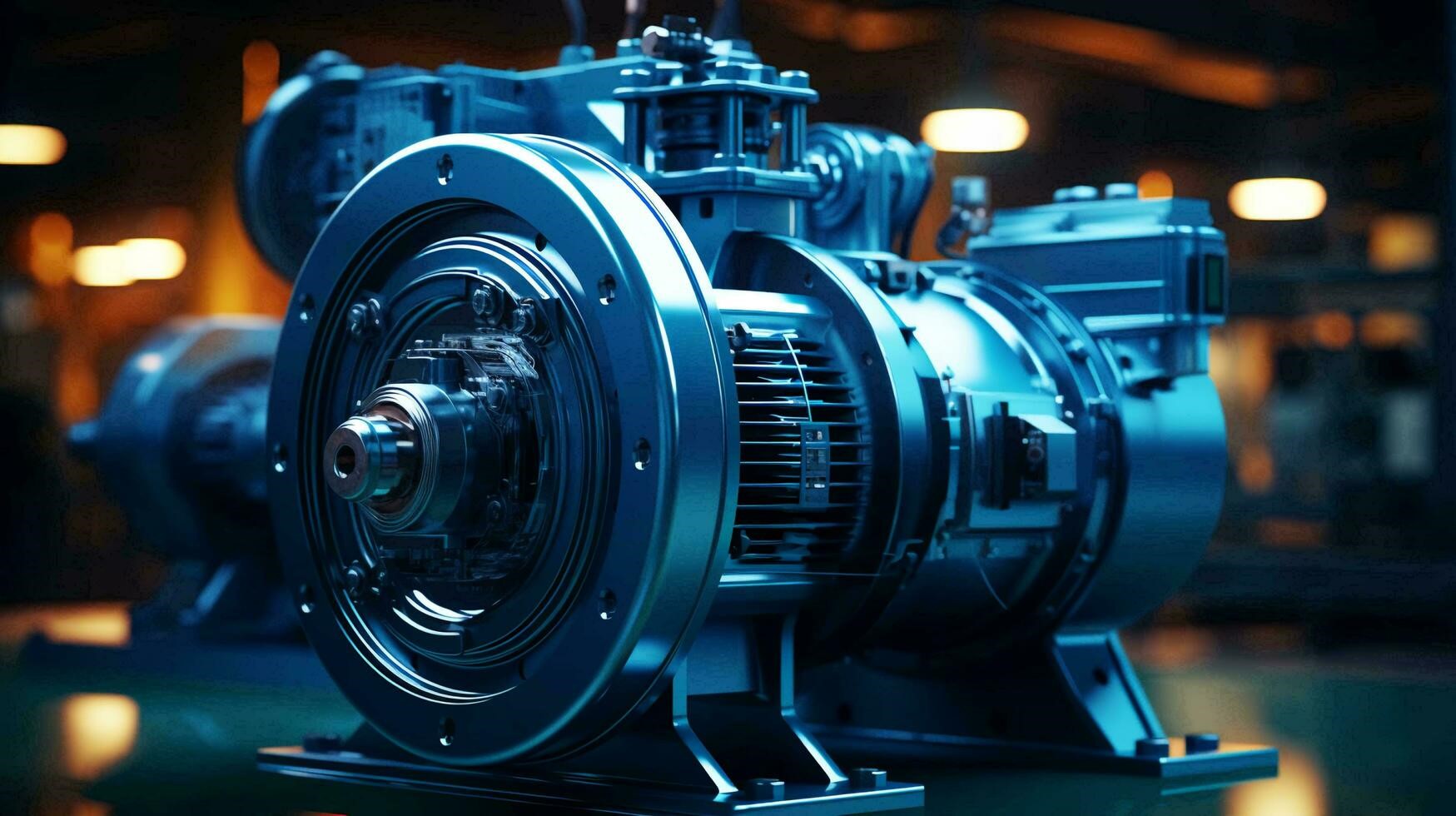
Electrical Machines lab consists of machines and all are mounted in industrial type of assembly to give the students industrial feel.
We have well equipped lab to provide experimental and hands-on experience to the detailed study of characteristic and operational aspects of machines.
|
Major Equipments |
||
|---|---|---|
| 1. DC Shunt Generator | 2. AC Generator | |
| 3. DC Compound Generator | 4. DC Shunt Motor | |
| 5. DC Series Motor with Loading Arrangement | 6. DC Compound motor with loading arrangement | |
| 7. DC Shunt Motor Coupled with Three phase Induction Generator | 8. DC Shunt Motor Coupled with Synchronous Motor | |
| 9. Single Phase Auto Transformer | 10. Single Phase Transformer | |
| 11. Single Phase Resistive Loading Bank | 12. Three Phase Resistive Loading Bank | |
| 13. DC Shunt Motor Coupled with Three phase Slip ring Induction motor | 14. Single Phase Induction Motor with Loading Arrangement | |
| 15. Three Phase Induction Motor with Loading Arrangement | 16. Three Phase Capacitor Bank | |
| 17. Tachometer -Digital/Analog | ||
Electric Circuits Laboratory (Area of the Lab = 285sq.m)
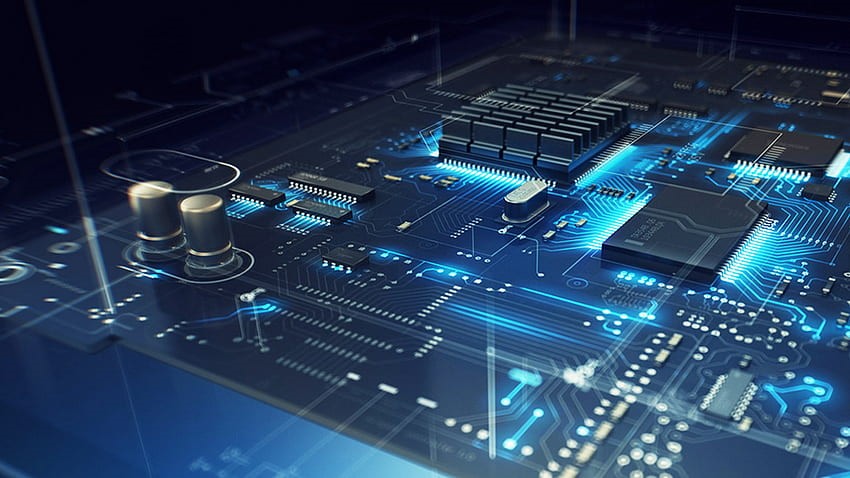
The Electrical Circuits Laboratory assists the students to impart with essential knowledge of electrical and electronic circuit design and analysis and provide hands on experience to design different electrical and electronic circuits
This Lab gives the practical learning and use of various instruments like Multimeter, Oscilloscopes, Function Generators, Wattmeter’s etc.
|
Major Equipments |
||
|---|---|---|
| 1. Digital Storage Oscilloscope | 2. Cathode Ray Oscilloscope | |
| 3. Function Generator (MHz Range) | 4. Regulated Power Supply (0-30V) |
Power Electronics Laboratory (Area of the Lab = 119.21 sq.m)
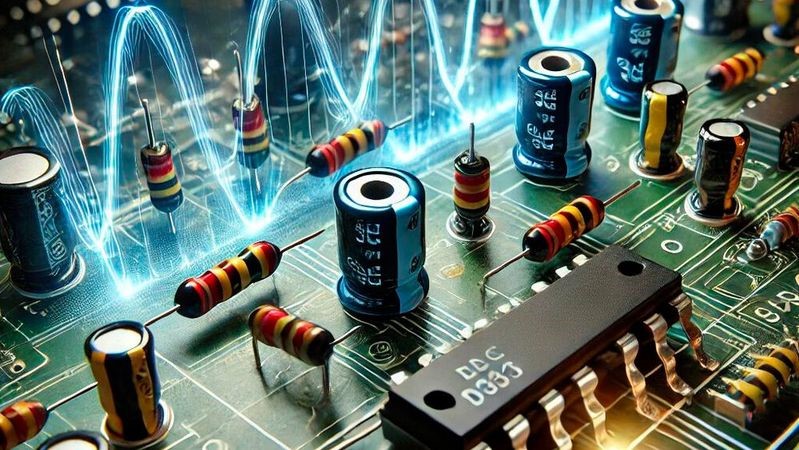
The Power Electronics laboratory is use to study the characteristics of switching devices and its applications in rectifiers, AC voltage controllers, inverter and choppers.
The lab facilitates faculty and students who are conducting research, industry sponsored projects in power converters
|
Major Equipments |
||
|---|---|---|
| 1. AC Voltage Controller | 2. IGBT Chopper | |
| 3. Step Down / Step Up Chopper using MOSFET | 4. MOSFET Based Step Up & Step Down Choppers | |
| 5. CRO | 6. Resonant DC-DC Converter | |
| 7. Single phase SCR Based Fully Controlled Converter | 8. Single phase Half Controlled converter | |
| 9. Single phase PWM Inverter | 10. Three phase PWM Inverter | |
Control and Instrumentation Laboratory (Area of the Lab =142.84 sq.m)
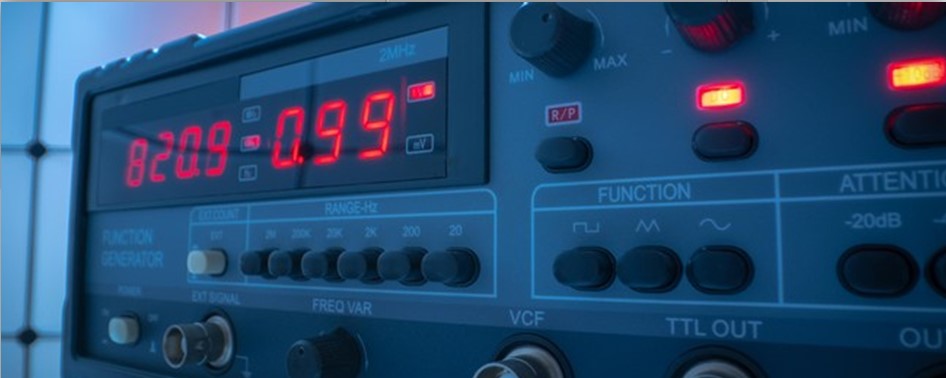
This lab is equipped with high-speed processor to provide training in the field of simulation.
The lab facilitates basic knowledge in obtaining the open loop and closed loop responses to understand the concept of stability of control systems.
|
Major Equipments |
||
|---|---|---|
| 1. Personal Computers (Intel Core i5 or i7, 500 GB, 8 GB RAM) | ||
| 2. Server (Intel Core i7, 2 TB, 8 GB RAM or higher) (High Speed Processor) | ||
| 3. Software: EMTP / ETAP / CYME/ MIPOWER / any Power system simulation software | ||
Power System Simulation Laboratory (Area of the Lab =142.84 sq.m)
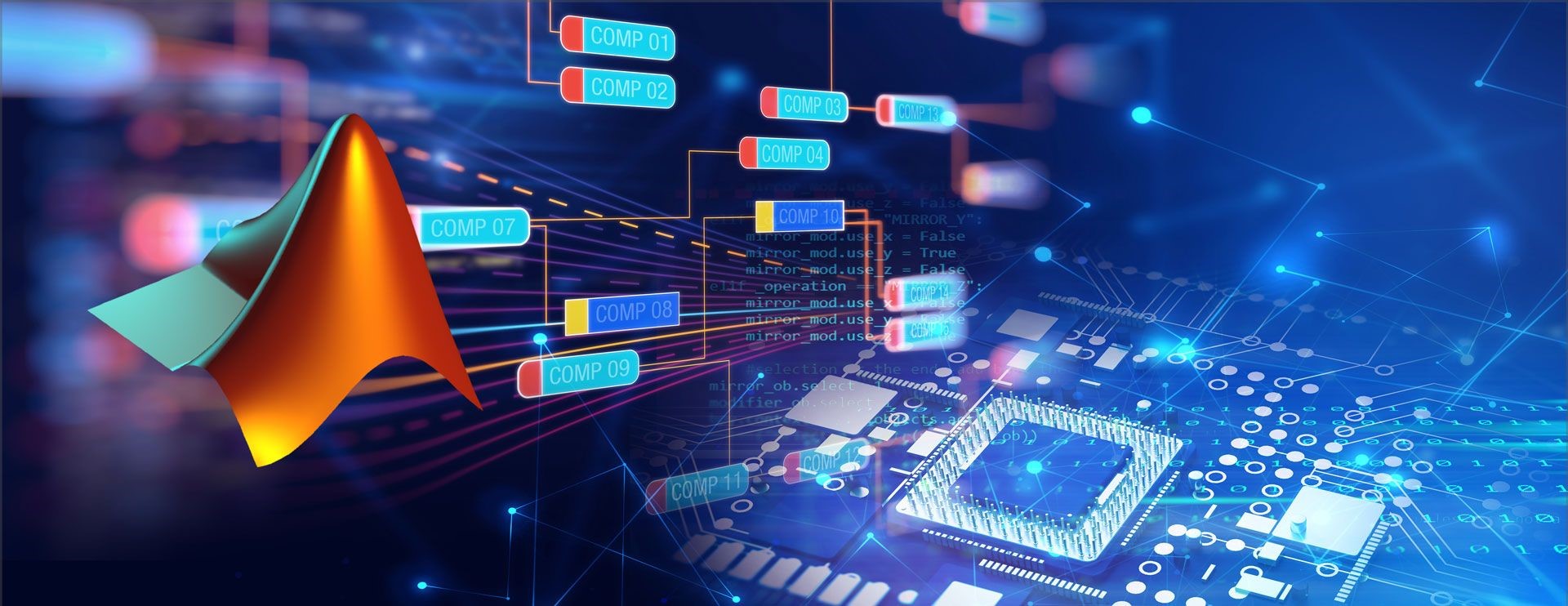
This lab is equipped with high-speed processor to provide training in the field of simulation.
Students can practically verify several concepts and procedures learned in power system modelling and analysis.
|
Major Equipments |
||
|---|---|---|
| 1. Personal Computers (Intel Core i5 or i7, 500 GB, 8 GB RAM) | ||
| 2. Server (Intel Core i7, 2 TB, 8 GB RAM or higher) (High Speed Processor) | ||
| 3. Software: EMTP / ETAP / CYME/ MIPOWER / any Power system simulation software | ||
Engineering Practices Laboratory (Area of the Lab =142.84 sq.m)
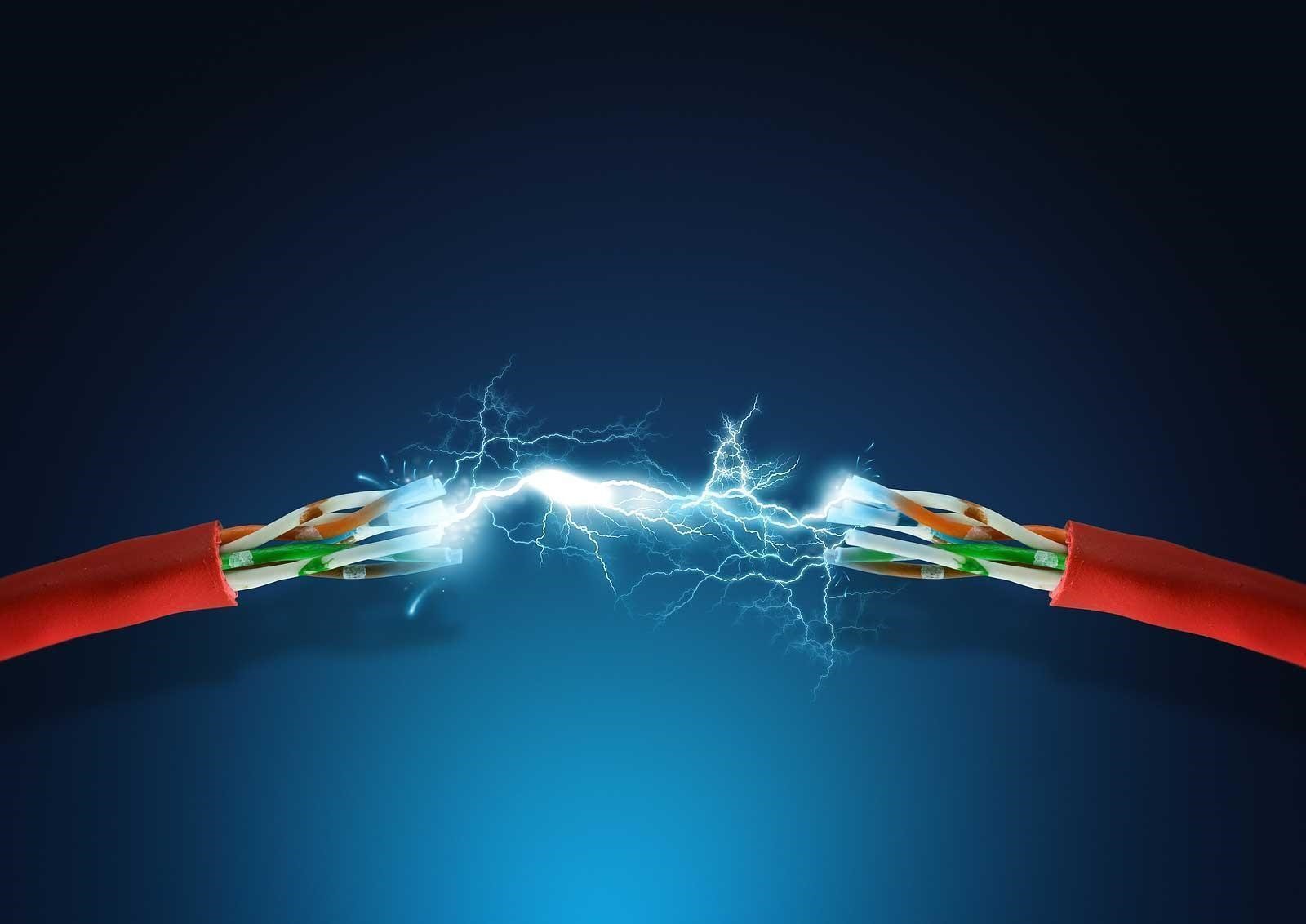
Students can understand how to safely and effectively work with electricity, which can be used in many ways.
Students can understand the house wiring and electrical connections and learn how to keep your home safe and reliable.
|
Major Equipments |
||
|---|---|---|
| 1. Single phase house wiring setup | ||
| 2. Three phase house wiring setup | ||
| 3. Staircase wiring setup | ||
| 4. Fluorescent lamp wiring setup | ||
| 5. Emergency Lamp and Iron box wiring setup | ||
Library Details Electrical & Electronics Engineering

"The library is a temple of learning, a palace of wisdom, a paradise of the mind"
Welcome to the EEE Department Library which is one of the support services of Central Library.
Library Working Hours
Monday to Saturday: 9.30 A.M to 4.20 P.M
Books
"Books are good company, in sad times and happy times, for books are people – people who have managed to stay alive by hiding between the covers of a book." ― E.B. White
| The Library has the following resources | ||
| No. of Books | 200 | |
| No. of UG Project Reports) | 118 | |
| No. of PG Project Reports | 16 | |
| CD / VCD | 01 | |
ELECTRICAL AND ELECTRONICS ENGINEERING
PROGRAM EDUCATIONAL OBJECTIVES (PEOs)
❖ Find employment in Core Electrical and Electronics Engineering and service sectors.
❖ Get elevated to technical lead position and lead the organization competitively.
❖Enter into higher studies leading to post-graduate and research degrees. Become consultant and provide solutions to the practical problems of core organization.
❖Become an entrepreneur and be part of electrical and electronics product and service industries.
PROGRAM SPECIFIC OUTCOMES (PSOs)
On completion of Electrical and Electronics Engineering program, the student will have the following Program Specific Outcomes.
❖Foundation of Electrical Engineering: Ability to understand the principles and working of electrical components, circuits, systems and control that are forming a part of power generation, transmission, distribution, utilization, conservation and energy saving. Students can assess the power management, auditing, crisis and energy saving aspects.
❖Foundation of Mathematical Concepts: Ability to apply mathematical methodologies to solve problems related with electrical engineering using appropriate engineering tools and algorithms.
❖Computing and Research Ability: Ability to use knowledge in various domains to identify research gaps and hence to provide solution which leads to new ideas and innovations.
PROGRAM OUTCOMES (POs)
- Engineering knowledge: Apply knowledge of mathematics, basic science and engineering science.
- Problem analysis: Identify, formulate and solve engineering problems.
- Design/development of solutions: Design an electrical system or process to improve its performance, satisfying its constraints.
- Conduct investigations of complex problems: Conduct experiments in electrical and electronics systems and interpret the data.
- Modern tool usage: Apply various tools and techniques to improve the efficiency of the system.
- The engineer and society: Conduct themselves to uphold the professional and social obligations.
- Environment and sustainability: Design the system with environment consciousness and sustainable development.
- Ethics: Interacting industry, business and society in a professional and ethical manner.
- Individual and team work: Function in a multidisciplinary team.
- Communication: Proficiency in oral and written Communication.
- Project management and finance: Implement Cost effective and improved system.
- Life-long learning: Continue professional development and learning as a life-long activity.
COURSE OUTCOMES (POs)
R & D Cell Electrical & Electronics Engineering

"If we knew what we were doing, it wouldn't be called research, would it?" - Albert Einstein
Sanctioned R&D Projects :
| S. No. | Name of the Scheme | Amount Applied (in Lakhs) |
Sanctioned by |
|---|---|---|---|
| 1 | Modernization of power System simulation Lab Using MATLAB 7.10a | 10.0 | AICTE, New Delhi |
| 2 | Modernization of Power Electronics Lab I Using PSIM 9.0 | 6.5 | AICTE, New Delhi |
| 3 | National Conference on Advances in Power, Energy and Control Systems (APECS) | 1.0 | AICTE, New Delhi |
| 4 | Seminar Grant on 'Reactive power Compensation using STATCOM' | 1.0 | AICTE, New Delhi |
| 5 | Seminar Grant on 'Applications Of Power Electronics in Renewable Energy Sources' | 1.0 | AICTE, New Delhi |

